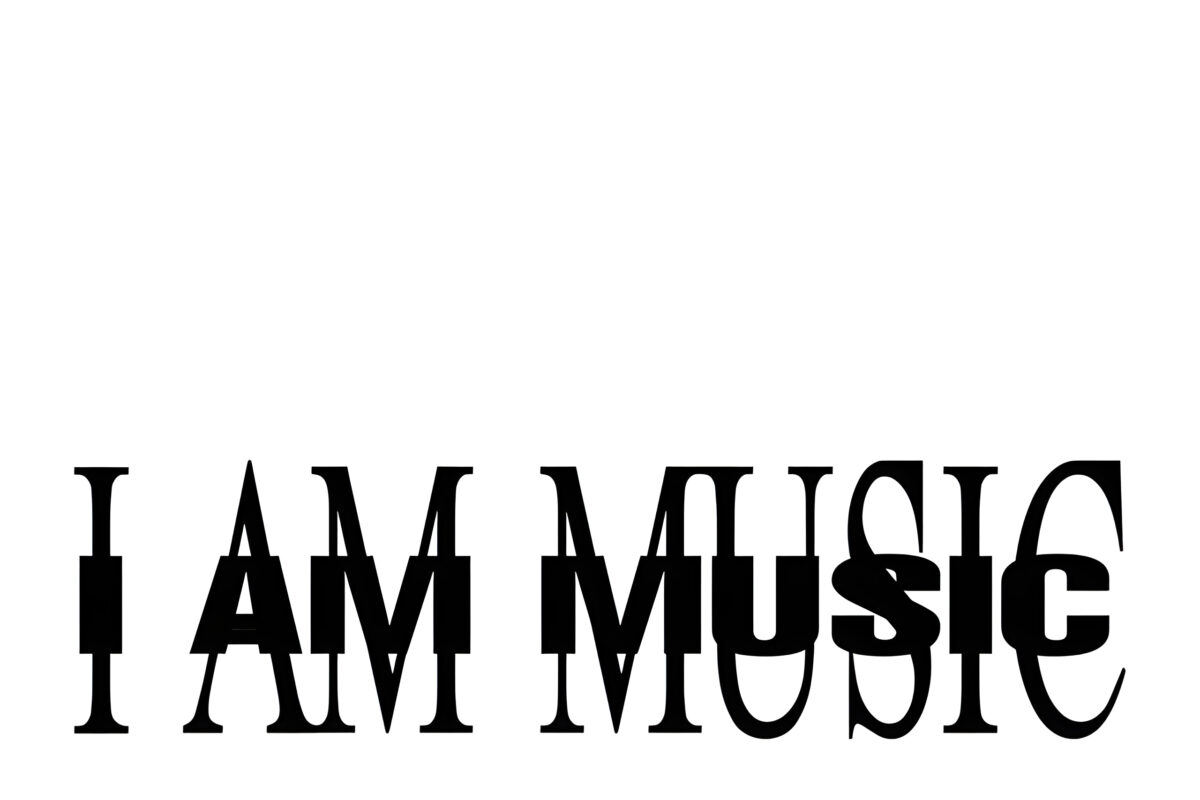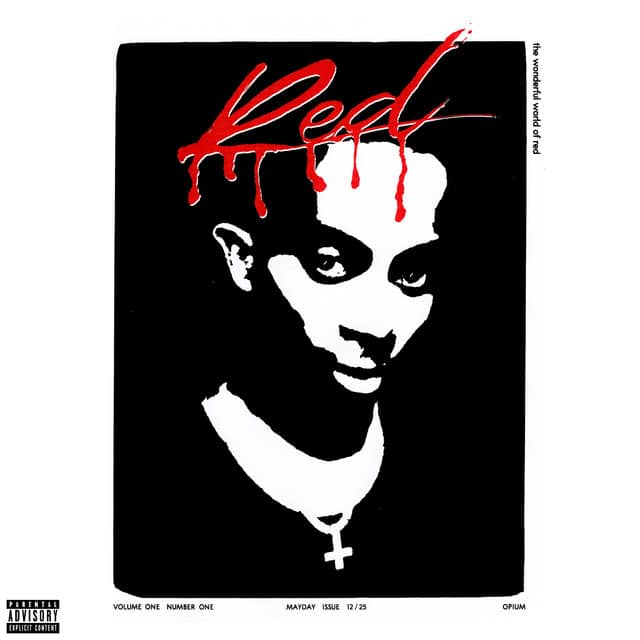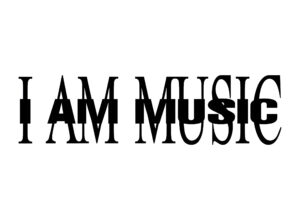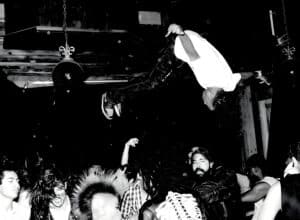Released: 2025
“TOXIC” by Playboi Carti featuring Skepta is a heady mix of bravado and success woven through high-energy and almost anarchic themes. At its core, the track talks about the artist’s rapid lifestyle, overwhelming profits, and a chaotic yet exhilarating party culture represented metaphorically through the concept of a “moshpit.” Both Carti and Skepta provide an energetic portrayal of the flashy life they lead, where the adrenaline of success seems to mingle with a certain underlying menace or ‘toxicity’.
The hook sets the tone right away, repeating the phrase “the moshpit real toxic” and “I got too much profit”. The “moshpit” in this context is symbolic of a high-intensity lifestyle that, while exciting and profitable, can also be dangerous and unpredictable. “Too much profit” here signifies not only financial success but an overwhelming abundance of everything that comes with their lifestyle – cars, women, luxury.
Playboi Carti’s verse is vivid and evocative, where he dives into the indulgence of his newfound wealth. His reference to “spinning the block” suggests revisiting a familiar place or achieving something significant in an environment he’s already acquainted with. He highlights the purchases of a Jeep, an SRT, and an AMG, reflecting the high level of wealth he’s reached. “Brand-new fleet” and “brand-new freak” depict his continual acquisition of cars and sexual conquests.
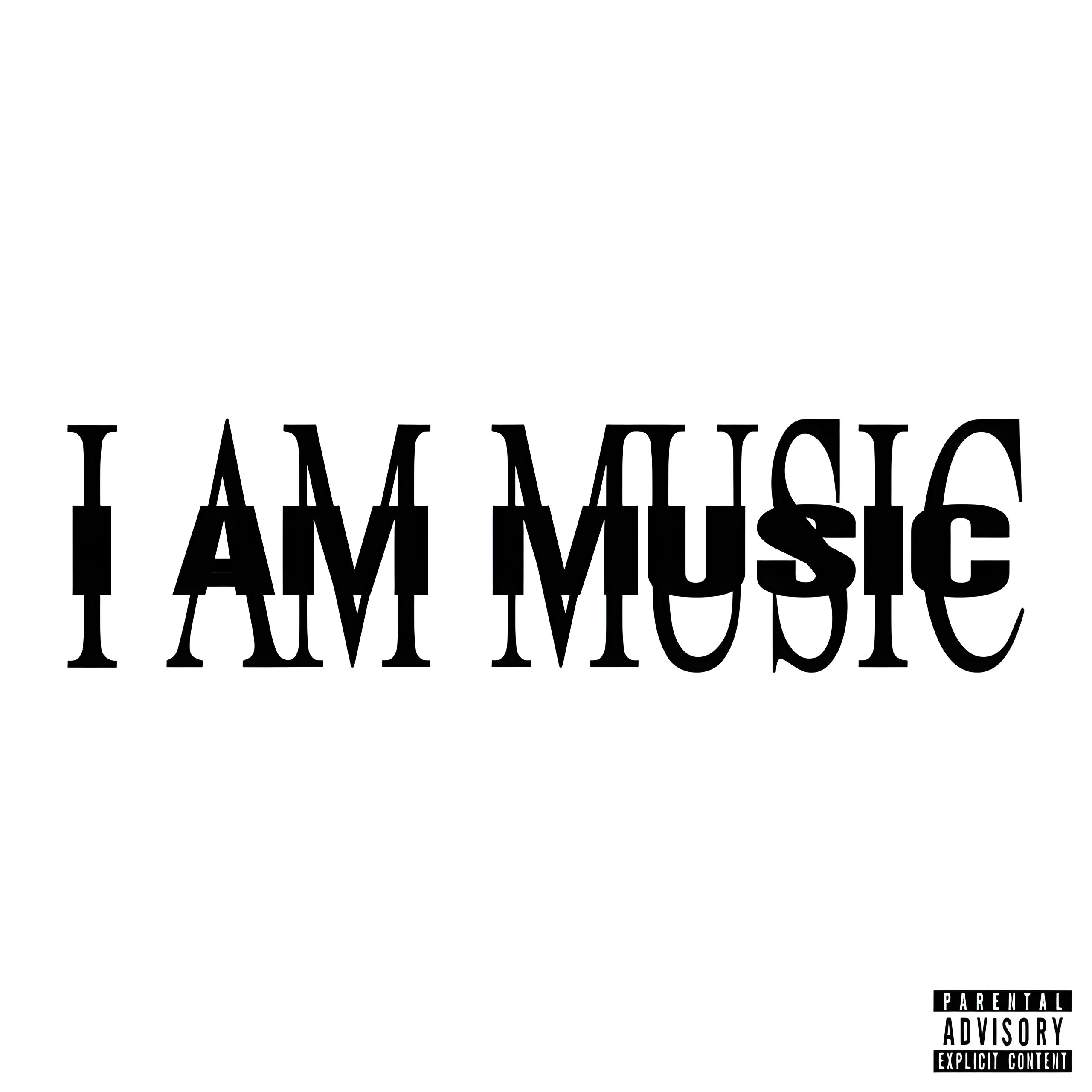
Carti continues by highlighting his sexual relationships and their material enhancements. The line “And she got them titties did, and she got that ass did” hints at the artificial perfection of those he associates with, underscoring a lifestyle focused on aesthetics and materialism. The following mention of “white diamonds, Caucasian” plays into the theme of lavish spending and exotic allure.
As the verse goes on, Playboi Carti showcases his exclusive lifestyle with his new “Blasian” (a blend of Black and Asian) girlfriend and emphasizes the unyielding, aggressive stance towards outsiders in lines like “Homixide, we killin’ everything”. The mention of keeping things “gangsta” reaffirms a no-nonsense approach to his status and associations.
Skepta’s verse enters with a change in energy and perspective, giving a shoutout to his strategic mindset with “I study the streets, how you gonna go to war with a genius?” This positions him as an intelligent player in the game, far from just street smarts, he’s got the upper hand through brains. He draws a parallel between himself and those who may not be on the same level by referring to himself as “The Omen,” suggesting a powerful, even ominous presence.
In this part, Skepta’s lines carry weighty bravado and wit. When he talks about having no emotion unless it’s for family, it plays into the typical rapper trope of loyalty above all else, encapsulated in “if it ain’t fam’, I got no emotion”. There’s a strategic, almost cold-blooded quality to how he handles life, making shrewd decisions in a world where attachment could be a vulnerability.
Skepta adds another layer to the idea of indulgence and power dynamics when he flips his relationship with women into an emotionless interaction. “Like poker, when I poke ’em, boy, I just Texas hold ’em” employs a double entendre where he blends sexual conquests with the cool logic of playing poker. It’s all a game, both literal and figurative, indicating how he’s unfazed and always in control.
“We got the club goin’ up like Makonnen” refers to the track by iLoveMakonnen, which suggests the non-stop party lifestyle both he and Playboi Carti indulge in. The repeated “cashin’ ’em checks” furthers the theme of unending success and financial gain. It’s almost like an anthem for the reckless pursuit of riches without concern for what the chaos might bring.
Overall, “TOXIC” captures a snapshot of modern hip-hop culture, steeped in themes of wealth, fame, excess, and a cautionary glance at the chaotic energy they perpetuate. Both Playboi Carti and Skepta play off each other to enhance this vibe, creating an atmosphere that feels both exciting and overwhelming. Historically, the track taps into the cultural elements of bragging rights and the blurred line between success and the risks that come with it, defining the edgy appeal of contemporary hip-hop.
